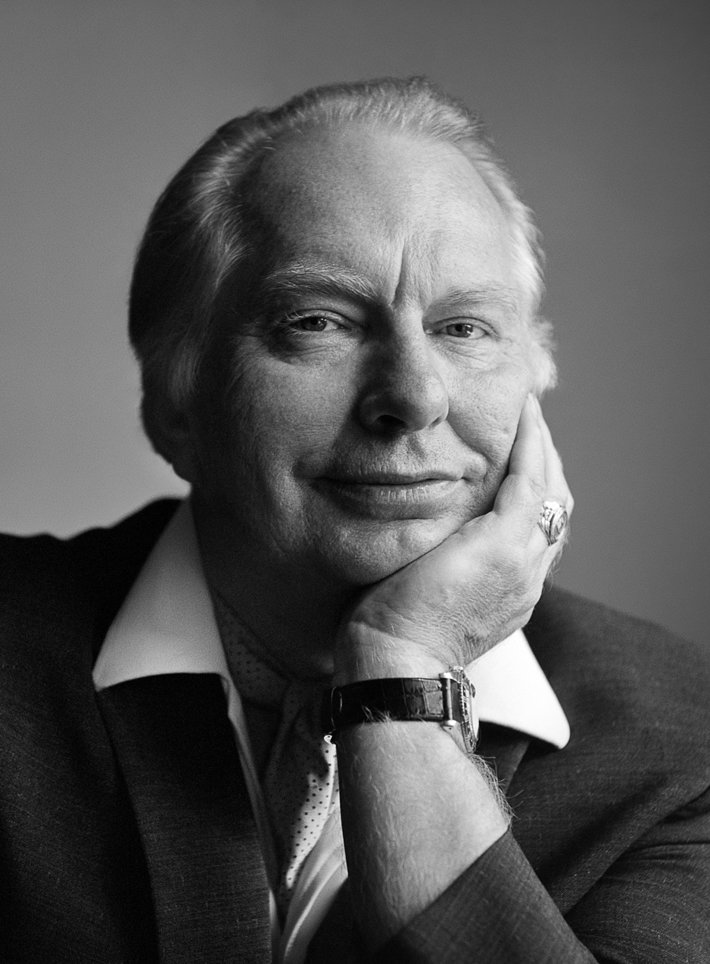
-
HOME
-
WHAT IS STANDOur Mission Our Values Our Help Contact
-
WHAT WE FIGHT FORReligious Freedom Religious Literacy Equality & Human Rights Inclusion & Respect Free Speech Responsible Journalism Corporate Accountability
-
RESOURCESExpert Studies Landmark Decisions White Papers FAQs David Miscavige Religious Freedom Resource Center Freedom of Religion & Human Rights Topic Index Priest-Penitent Privilege Islamophobia
-
HATE MONITORBiased Media Propagandists Hatemongers False Experts Hate Monitor Blog
-
NEWSROOMNews Media Watch Videos Blog
-
TAKE ACTIONCombat Hate & Discrimination Champion Freedom of Religion Demand Accountability
Smithsonian Magazine Acknowledges L. Ron Hubbard As One of the Most Significant Americans of All Time
Quantitative analysis reported in Smithsonian Magazine places the Scientology Founder among the most significant religious figures in U.S. history.
In its Spring 2015 Collector’s Edition, Smithsonian Magazine has ranked L. Ron Hubbard, Founder of the Scientology religion, among the 100 most significant Americans of all time.
Smithsonian further identified Mr. Hubbard as among the 11 most significant religious figures in American history, citing his landmark bestseller Dianetics: The Modern Science of Mental Health and his subsequent founding of Scientology—a religion that today has 11,000 Churches, Missions and affiliated groups in 167 nations.
Smithsonian further identified Mr. Hubbard as among the 11 most significant religious figures in American history

Although best-known as a philosopher and as Founder of the Scientology religion—the only major religion to have been founded in the 20th century—L. Ron Hubbard was also an author, humanitarian, educator, administrator, and artist. His works have been translated into as many as 71 languages and have sold hundreds of millions of copies. He is viewed by millions of people as Mankind’s greatest friend.
Others Smithsonian Magazine identified along with Mr. Hubbard as being the most significant individuals in American religious history include the founders of the Mormon, Christian Science and Adventist faiths, as well as William Penn, who founded Pennsylvania as a sanctuary for freedom of conscience, Roger Williams, whose belief in religious freedom and tolerance led him to establish the Rhode Island Colony, and Evangelist Billy Graham.
In the special issue, Smithsonian also ranks the most significant American presidents, first ladies, artists, and empire builders.
“In a culture so saturated with information and so fragmented by the search possibilities of the Internet, how do we measure historical significance?” the magazine asked.
Distinguished Teaching Professor of Computer Science at Stony Brook University, Steven Skiena, and Google ranking engineer Charles B. Ward devised an answer in the algorithm they developed and on which the Smithsonian list is based. “They subject the historical zeitgeist to the brute rigors of quantitative analysis,” according to Smithsonian.
Using unique quantitative analysis, the magazine formulated the list “not only for what individuals have done, but also for how well others remember and value them for it.”
For information on L. Ron Hubbard visit www.lronhubbard.org.





